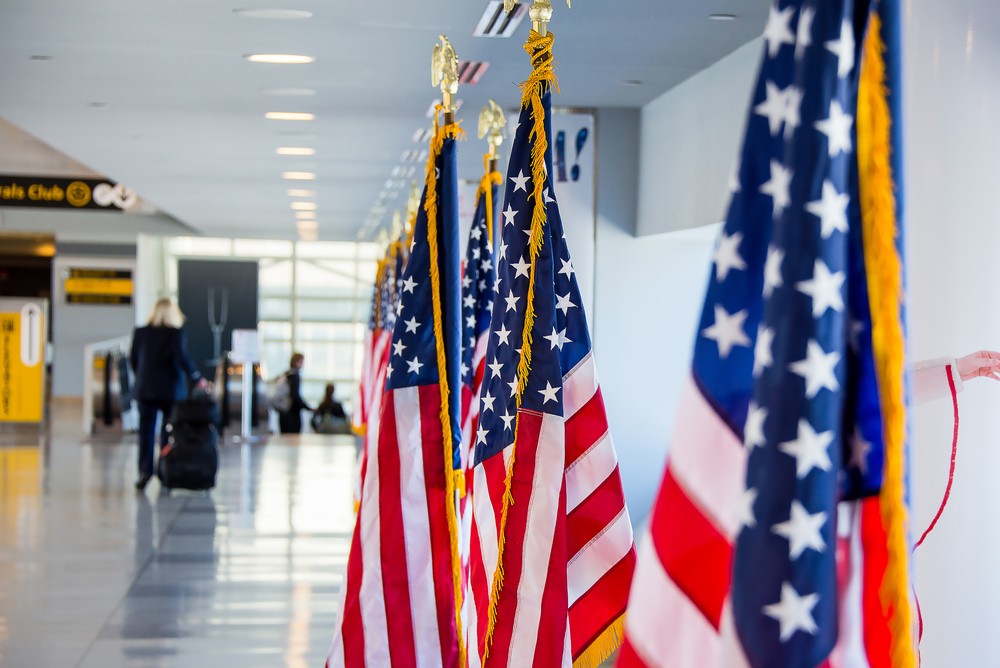Key Takeaways:
- A special election in Minnesota follows the tragic murder of House Speaker Emerita Melissa Hortman.
- The event brings back painful memories for leaders like Steve Scalise and Gabrielle Giffords, both survivors of political violence.
- Conversations around political violence in the U.S. are intensifying.
- Lawmakers are urging stronger security and more unity among political parties.
The Minnesota Special Election Unfolds Amid Grief
After a heartbreaking few months, Minnesota voters are heading to the polls for a special election. They will choose a replacement for the late Melissa Hortman, Minnesota’s former House Speaker Emerita, who was killed by an intruder in her own home last spring.
Her death shocked the nation, especially as political violence seems to be a growing concern in American life. Candidates and lawmakers are navigating a moment filled with grief, remembrance, and rising fears. The keyword on many minds these days is “political violence.”
A Nation Haunted by Political Violence
This week’s special election isn’t just about choosing a new leader. It’s also about facing the echo of something deeply troubling in America—violence aimed at public figures. Political violence is no longer rare. It’s becoming a serious threat that affects the way leaders live and lead.
For example, House Majority Leader Steve Scalise remembers all too well the horror of being shot by a gunman during a congressional baseball practice in 2017. He barely survived but continues his service with a stronger call for national unity and respect across party lines.
Also reliving trauma this week is former U.S. Representative Gabrielle Giffords. She was shot in the head during a community event back in 2011. Her recovery has been long and painful, both physically and emotionally. Like many, she sees Melissa Hortman’s death as part of a nightmare that keeps repeating.
Why Is Political Violence Increasing?
Americans are asking, “Why is this happening more often?”
There are several reasons. First, political divisions are deeper than ever. When people disagree so strongly, some stop seeing others as human beings. That’s dangerous.
Second, the rise of social media has made it easier to spread hate. Misinformation and angry posts often lead people down dark paths. Some believe violence is the only answer.
Finally, extremist groups have become more visible and organized. They convince followers to act out against officials they see as “enemies.”
These changes are creating a climate where political violence is not only possible—it’s happening more often.
Leaders Demand Security and Civility
After Melissa Hortman’s murder, many officials are speaking out about their own fears.
Michigan Governor Gretchen Whitmer, who survived an attempted kidnapping in 2020, is one of them. She has urged state and national lawmakers to take stronger action to protect public servants and bring down the heat in political conversations.
“We need to tone it down,” Whitmer said in a recent interview. “Disagreements should never risk someone’s life.”
In Minnesota, lawmakers from both sides of the aisle have echoed that message. The pain of losing a colleague and friend like Hortman has brought a rare moment of unity.
Security measures are being reviewed, including more protection for local leaders and quicker responses to online threats.
The Impact on Elections and Democracy
Political violence doesn’t just harm individuals. It hurts democracy.
When voters see leaders being attacked or killed, they may lose trust in the system. When politicians fear for their lives, they may avoid public events or choose not to run again. This leads to fewer choices and a weaker connection between leaders and the people they serve.
In this special election, those questions are clear. People wonder: Who will want to run after what happened to Melissa Hortman? And if someone does, how can we keep them safe?
Politicians say democracy is worth the risk. But they also want the public to realize that political violence threatens the freedom everyone shares.
How Can America Stop Political Violence?
There is no easy fix, but experts and lawmakers offer a few steps in the right direction.
First, more education—especially among young people—can help teach civil discussion. Schools and community programs can remind everyone that peaceful disagreement is what democracy is built on.
Second, online platforms need stronger rules. Many believe tech companies should do more to take down violent threats quickly.
Finally, people have to speak up. When someone jokes about violence against a politician, others should correct them. Civic responsibility starts with conversations at dinner tables and community gatherings.
The Importance of Being Informed
This week’s election in Minnesota is about more than paper ballots and voting booths. It’s a test for a community that has survived tragedy yet refuses to be silenced. It’s a moment to ask hard questions about political violence and what kind of country we want to live in.
As election day nears, candidates are not just talking about schools, jobs, and roads. They’re also asking voters to stand up for peace, no matter their political views.
More than ever, staying informed and involved is a powerful way to fight back against hate and fear.
FAQs
What is political violence?
Political violence is any harm or crime aimed at people because of their political views or roles. It includes threats, attacks, or even murder.
Why is political violence dangerous for democracy?
When political violence happens, it scares leaders and voters. This leads to weaker public trust, fewer leaders running for office, and less open discussion.
Who was Melissa Hortman?
Melissa Hortman was Minnesota’s former House Speaker Emerita. She was tragically killed in her home by an intruder in the spring of 2024.
How can people help stop political violence?
People can stay informed, speak out against hate, and support peaceful conversations. Voting, volunteering, and learning more about issues also help keep democracy strong.
